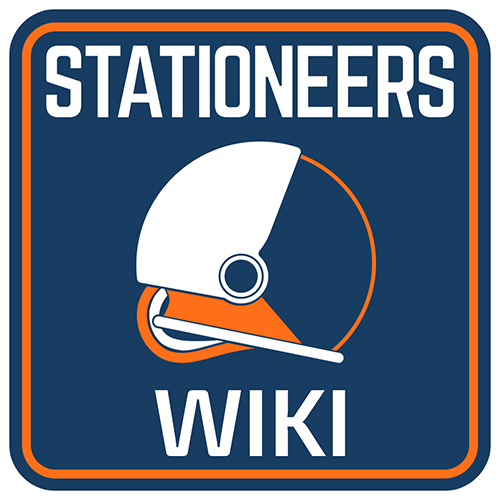Solar Logic Circuits Guide
From Unofficial Stationeers Wiki
Contents
Disclaimer
Due to the frequency of game updates, all solutions are subject to change and may or may not be functional.
The designs on this page are valid as of v0.2.3304.16432 (2022-06-06)
While this specific Guide calls out the sensor being place a specific direction(north), its not necessary to orient your sensors to a specific direction. If you find your panels don't point at the sun, you can add either 0,90,180 or 270 to the horizontal until they point at the sun. This guide is an attempt to simplify the setup by removing an extra math, and memory chip(6 chips instead of 8).
Geometry Of Solar Panels and Daylight Sensors
Solar tracking using Logic Chips
Six-chip dual-axis tracking
To get a "100%" accurate solar tracker on planets with an offset solar arc, you need to include the Horizontal component to the solar angle.
What you need:
Place the Daylight Sensor facing up, with the Data Port facing north.
| Horizontal | ||||
|---|---|---|---|---|
| Chip | Chip label | IN | VAR | OUT |
| Logic Reader | Horizontal Reader | Daylight Sensor | Horizontal | |
| Batch Writer | Horizontal Writer | Horizontal Reader | Horizontal | Solar Panel |
| Vertical | ||||
| Chip | Chip label | IN | VAR | OUT |
| Logic Reader | Vertical Reader | Daylight Sensor | Vertical | |
| Batch Writer | Vertical Writer | Vertical Correction Math | Vertical | Solar Panel |
| Chip | Chip label | Value | ||
| Logic Memory | Vertical Correction Memory | 90 | ||
| Chip | Chip label | IN 1 | IN 2 | OUT |
| Logic Math | Vertical Correction Math | Vertical Reader | Vertical Correction Memory | Add |
The panels should align themselves to the sun if you make sure to put the Power Port on the panels facing east (90 degrees). If you've already built the panels and logic with the Power Port facing west, swapping the direction of the sensor so that its Data Port faces south will allow the setup to work with no additional changes.
Solar tracking using Integrated Circuits
This is the most powerful way to track the sun, but the implementation might be a bit daunting at first.
What you need:
And if you don't already have one set up:
Place the Daylight Sensor facing up, note which direction the Data Port is facing, and which direction the solar panel Power Port is facing. These two directions are needed in the code. The Daylight Sensor is connected to the d0 screw, that's all you need.
A simple code example can be found here: https://stationeering.com/tools/ic/_2FpmwojGnBq
This code is considered "inefficient" since it's hard-coded to spam all types of solar panels, even if you don't have them.
A better code example can be found here: https://stationeering.com/tools/ic/_2FpoBEcd3QK
It targets the solar-panel types on d2 and (optionally) d3, so it's less spammy. It also has an option for a display (Kit (Console)) on d1 that shows the sum of power output from both types of panels
Note : as of 12 July 2024 neither of these links seem to work (they both result in a 'Network Error' reported by stationeering.com with no code being displayed), and the security certificate for the server has expired which means that your browser will likely complain that statoneering.com server is unsafe. You can continue visiting the links through Internet Archive at the links below.




